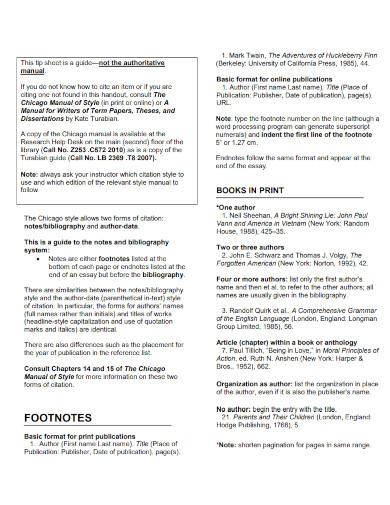
Louis, as music created by part-time musicians playing as street musicians, at rent parties, and other events in the black community. Chicago blues is based on the sound of the electric guitar and the harmonica, with the harmonica played through a PA system or guitar amplifier, both heavily amplified and often to the point of distortion, and a rhythm section of drums and bass (double bass at first, and later electric bass guitar) with piano depending on the song or performer.

You can't keep talking about mules, workin' on the levee." Ĭhicago blues was heavily influenced by Mississippi bluesmen who traveled to Chicago in the early 1940s. Bruce Iglauer, founder of Alligator Records stated that, "Chicago blues is the music of the industrial city, and has an industrial sense about it." Additionally, recognizing the shift in blues, Chicago blues singer and guitarist Kevin Moore expressed the blues transition stating, "You have to put some new life into it, new blood, new perspectives. Big Bill Broonzy and Muddy Waters directly joined that migration, like many others, escaping the harsher southern Jim Crow laws. to the industrial cities of the north, such as Chicago. Urban blues evolved from classic blues following the Great Migration, or the Great Northern Drive, which was both forced and voluntary at times, of African Americans from the southern U.S. The Chicago Blues Festival has been held annually since 1984, on the anniversary of Muddy Waters death, as a means of preserving and promoting Chicago Blues. Prominent record labels such as Vee-Jay Records and Chess Records helped promote and spread the style. Joined by artists such as Willie Dixon, Howlin' Wolf, and John Lee Hooker, Chicago Blues reached an international audience by the late 1950s and early 1960s, directly influencing not only the development of early rock and roll musicians such as Chuck Berry and Bo Diddley, but also reaching across the Atlantic to influence both British blues and early hard rock acts such as Eric Clapton, the Rolling Stones, and Led Zeppelin. Muddy Waters, a colleague of Delta blues musicians Son House and Robert Johnson, migrated to Chicago in 1943, joining the established Big Bill Broonzy, where they developed a distinctive style of blues music. Key features that distinguish Chicago blues from the earlier traditions, such as the Delta blues, is the prominent use of electrified instruments, especially the electric guitar, and especially the use of electronic effects such as distortion and overdrive.

It developed alongside the Great Migration of the first half of the twentieth century. It is based on earlier blues idioms, such as Delta blues, but performed in an urban style. Chicago blues is a form of blues music developed in Chicago, Illinois.


 0 kommentar(er)
0 kommentar(er)
